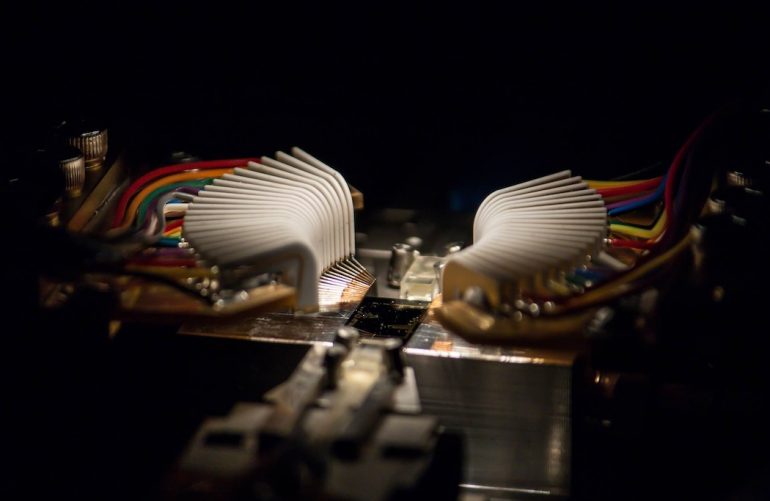Two Canadian quantum computing powerhouses are teaming up. The Quantum Algorithms Institute (QAI) and Xanadu are partnering to help build a skilled future-focused workforce in British Columbia and Canada.
QAI is a nonprofit organization that facilitates collaboration among industry, academia and government in BC.
Part of QAI’s mission is to develop a strong talent pipeline in quantum information sciences. The QAI said that will be accelerated as students gain access to Toronto-based startup Xanadu’s hardware, software, and expertise in quantum computing.
Students will also have access to PennyLane, Xanadu’s open-source software library, which will help them as they learn to code quantum computing algorithms.
As part of the training material and course Xanadu and QAI developed, students will be able to work on real-world problems alongside QAI’s industry and government partners in British Columbia, giving students an authentic perspective about quantum computing.
Students will have access to PennyLane, Xanadu’s open-source software library, as well as hardware and quantum expertise.
“QAI and Xanadu share a common vision: Canada being the top quantum computing Powerhouse,” said Nathan Killoran, Xanadu’s head of software and algorithms, and lead developer of PennyLane. “This vision starts today, by making sure that Canada’s world-class students are exposed to the latest ideas and developments in quantum computing and can gain relevant hands-on experience with the latest technology and software.”
The QAI called for new corporate partners in September 2021 that were interested in incorporating quantum-enabled technologies within their businesses.
Headquartered in Burnaby, British Columbia’s Simon Fraser University, the QAI announced that it was looking for BC companies that want to explore potential applications of quantum computing in structured, chemical, and software engineering.
The QAI plans to make available more than 50 quantum experts as well as university students and graduates at various levels of education and expertise.
The BC government founded the QAI in 2020 through a $17 million CAD investment.
Xanadu also announced a collaboration with the semiconductor manufacturer GlobalFoundries (GF) to take the first steps toward high-volume manufacturing of photonic chips for universal and fault-tolerant quantum computers.
Using the GF Fotonix platform, Xanadu is now designing integrated photonic devices, used for implementing quantum error correction, for 300mm wafer fabrication.
Error correction is a procedure vital for achieving fault tolerance, which is needed to deliver on the promise of quantum computing to solve computational problems previously thought to be intractable, according to the quantum computing startup.
Xanadu claims that the exponential increase in computational power will transform a wide range of industries, resulting in major advances in everything from cancer therapeutics to high-performance battery materials.
The first fully functional devices designed by Xanadu and fabricated by GF will be ready by the end of 2023.
“Many chips, operating in parallel and networked together, are required to process the large number of qubits involved in fault-tolerant quantum computing algorithms,” said Zachary Vernon, head of hardware at Xanadu. “Leveraging an existing advanced 300mm platform like GF Fotonix gives us a huge advantage in the race to deliver a useful, error-corrected quantum computer.”
Xanadu secured $120 million CA in a Series B round led by Bessemer Venture Partners in 2021. The startup raised the capital to help accelerate the development of its photonic quantum computer.
Feature image courtesy Xanadu.


